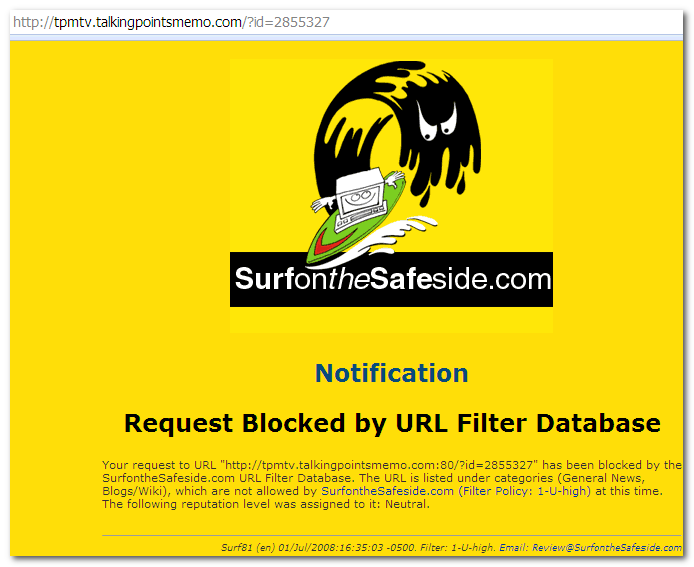Dismantle Storrow Drive
Most brilliant idea so far this year. In brief, Storrow Drive was never supposed to exist. Now it needs massive repairs, which will be both expensive and disruptive. Rather than fix it, some are calling to simply remove it, similar to when San Francisco decided to tear down its elevated highway after it was severely damaged in an earthquake. Proponents of dismantling Storrow Drive include former Secretary of Transportation Fred Salvucci and former DPW associate commissioner Ken Kruckemeyer. Not your typical wild-eyed anti-car fanatics.
The nay-sayers — and this Radio Boston episode shows there are many — fail to understand induced demand. Many share the naive belief that if a highway is removed, all the traffic it once carried will be redistributed to other roads, thus further increasing congestion. But it’s not a zero-sum-game. Numerous examples show that tearing down a highway can actually relieve traffic — not to mention result in enormous aesthetic and environmental benefits. Road networks are dynamic systems — change one parameter and the rest will readjust as well: gas prices, tolls, road congestion/capacity, suburban and urban property taxes, MBTA fares and service levels, regional land use and transportation planning policies, all feed into each other. One caller to the Radio Boston show claimed she needs to use Storrow Drive daily because there isn’t enough parking at Alewife! (I don’t think I need to spell it out, but I think we can safely assume that improving the Alewife parking garage will be a good bit cheaper than rebuilding Storrow, without needing to look up the precise numbers. Plus it will reduce congestion, improve air quality, and increase T ridership).
Of course it would be equally naive to assume any road can be removed without consequence on congestion, but dismantling Storrow Drive seems like a perfect start for the post-carbon era.
Political Politicians
Kudos to Martha Coakley for challenging the Federal Defense of Marriage Act. I wonder how Justice responds when they’re asked to defend a statute that the Administration has said should be repealed. Perhaps with a tepid defense.
What I don’t understand is those who criticize Coakley by claiming that her motivations are “purely political”. What’s up with that? Aren’t politicians supposed to act politically?
Of course, we do want our elected officials to have some backbone, particularly to resist popular outbursts that might have bad policy consequences. (Obama’s effective neutralization of the “Buy America” stimulus bill provision is a good example). But here we have a politician taking a strong stand for the rights of a long-disenfranchised minority group; if her motivations are “purely political,” then let’s elect more politically-motivated politicians.
MBTA Blocking TPM
I’ve been happy to see WiFi appearing on nearly every MBTA commuter rail car recently. I was less happy to see this:
I guess I’ll have to wait until I get home to find out why this bothered Steve so much.
Oddly, the MBTA’s web filter also blocked access to my WordPress editor, but unlike the TPM block, I could select “yes, I really want to do this” to get here.
I’ve never understood why web filters so often block these sorts of sites on apparently generic settings. “General News/Blogs/Wikis” are dangerous? Reputation “neutral”? I’d be surprised if anyone at the T actually did this on purpose, but I suppose it would fit the general pattern of operational incompetence.
Update: the problem appears to be real.
Jonah’s New Photo Blog
I’ve got to give a shout out to my brother Jonah’s new photo blog, so you can finally keep up with his exploits via RSS. His recent work from Algeria is amazing:

Fuzzy Accounting
Cell phone photo from West Palm Beach Gas Station:

It’s this sort of fuzzy accounting that got us into this mess to begin with.
Liveblogging from Virgin America
I’m on my first Virgin America flight. WiFi connected instantly. It turns out that the Internet is pretty much the same at 40,000 feet.
Addendum: Apparently there is also still spam email at this altitude.
[Tags]Virgin America[/Tags]
Clay Shirky on Newspapers
Excellent summary of where we find the newspaper business today:
Round and round this goes, with the people committed to saving newspapers demanding to know “If the old model is broken, what will work in its place?†To which the answer is: Nothing. Nothing will work. There is no general model for newspapers to replace the one the internet just broke.
Oops 3/16/09. “Shirky,” not Sharky.
iptables router failure after Debian Lenny upgrade solved by setting MTU
I recently upgraded my home router box to Debian Lenny. Everything went fairly smoothly, with a few exceptions. My NFS mounts no longer worked because apparently wildcards are no longer allowed in IP addresses in /etc/exports; the export addresses needed to be translated to subnet format (e.g., 192.168.98.* becomes 192.168.98.0/824).
But after a power failure last night, the router box rebooted and I was no longer able to access the Internet from any clients on my LAN. Strangely, I could ping or traceroute external hosts and perform DNS lookups, but web surfing and ssh timed out after an initial handshake. I noticed by telnetting to port 80 of an external host, I got an error back from an invalid HTTP request (e.g. “oeunthioues”), but if I sent a standard valid request (GET /index.html HTTP/1.0), the connection just hung with no response.
I won’t recount all the false leads I had in diagnosing this problem. It turned out that the Internet-facing NIC on my router box had been reset to a low MTU. By setting the MTU on the LAN clients to that low number, or raising the MTU on the Internet-facing NIC back to 1500, the problem was solved:
# ifconfig eth2 mtu 1500
After restarting networking on the router box, the MTU was again set back down to 576, which is apparently the default MTU for an X.25 network. I have no idea why the interface is getting that value by default (where it wasn’t before), so I just added a hack to /etc/network/interfaces to fix it:
iface eth2 inet dhcp post-up /sbin/ifconfig eth2 mtu 1500
Interestingly, pre-up didn’t work.
Hopefully I’ve included enough relevant terms in this entry that others with this problem will find it. It was hard to diagnose because no errors appeared in any log file, and I had partial but not complete connectivity from internal clients to the Internet. My first guess was that it was due to the iptables upgrade, but in fact it was entirely unrelated.
[tags]Debian, Lenny, iptables, firewall, router, MTU[/tags]

